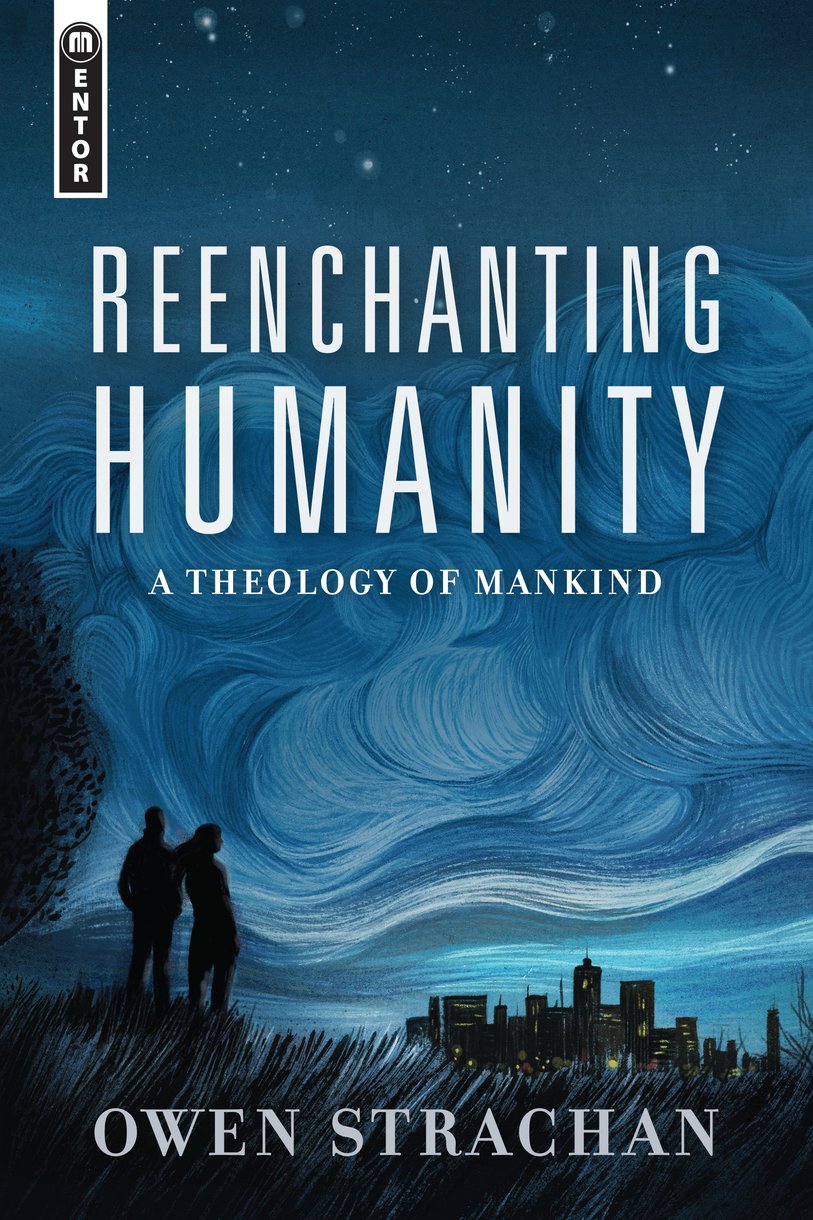
Released in the UK November 2019
Released in the US November 2019

Royale Hardback 234 X 156 | 432 Pages
9781527105027 • £31.99 $39.99
BISAC – REL067020
Reenchanting Humanity
A Theology of Mankind
Owen Strachan
Systematic theology on the doctrine of humanity
Rooted in biblical truth
Engages major questions of the day
Reenchanting Humanity is a work of systematic theology that focuses on the doctrine of humanity. Engaging the major anthropological questions of the age, like transgenderism, homosexuality, technology, and more, author Owen Strachan establishes a Christian anthropology rooted in Biblical truth, in stark contrast to the popular opinions of the modern age.
Owen Strachan
Owen Strachan is Provost and Professor of Theology at Grace Bible Theological Seminary in Conway, Arkansas.
Related Titles
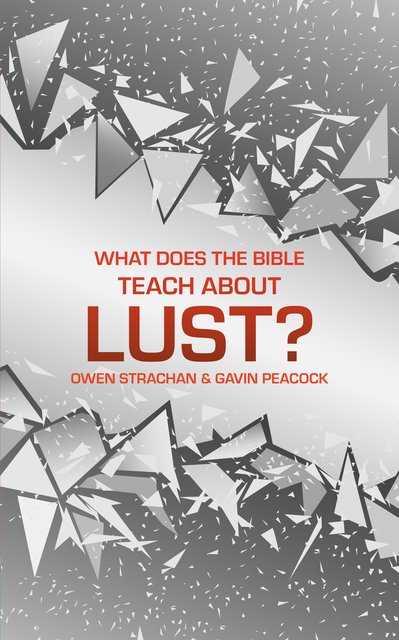
9781527104761 |
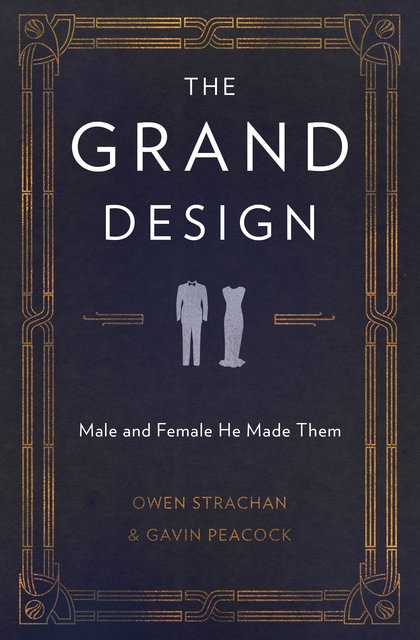
9781781917640 |
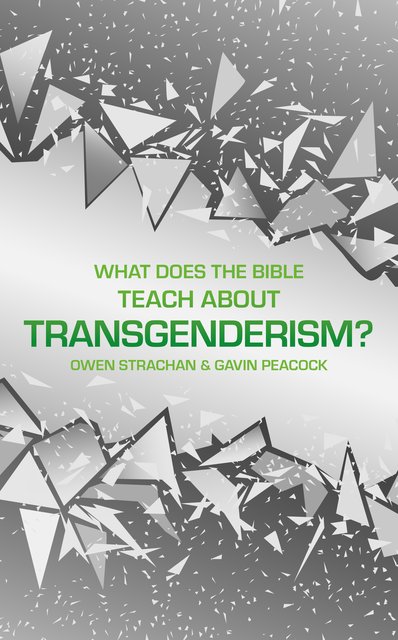
9781527104785 |
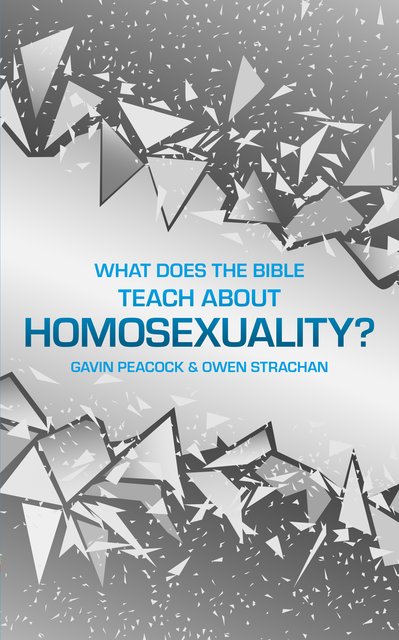
9781527104778 |

Mentor
Strachan uses the Bible as a magnifying lens and looks at mankind in the context of this anthropocentric, narcissistic, sin–ridden, self–sufficient, self–defined, and high–tech generation and has given us, not only his analysis of the problem, but also its cause and its cure. I love the way the author begins with the image of God and ends with Christ, as the God–man who reenchants our humanity. This is a must–read.
Miguel Nuñez
Senior Pastor, International Baptist Church, Santo Domingo, Dominican Republic
This book is a deep well issuing forth a fountain of biblical insight about what it means to be a human being created in the image of God. Drink deeply from this wonderful book.
Denny Burk
Professor of Biblical Studies, Boyce College, Louisville, Kentucky
There is a desperate need for Christians to have a clear, comprehensive, biblically grounded, God–centered, definition of humanity, and for that definition to transform the way we live, love, and minister. Owen Strachan has wonderfully met this need in ‘Reenchanting Humanity’. I hope that this important book has the deep and wide influence it deserves!
Erik Thoennes
Professor and Chair of Theology, Talbot School of Theology and Pastor, Grace Evangelical Free Church of La Mirada, California
Not only is Strachan enjoyable to read, but I find that he helps me communicate traditional systematic assertions in arresting and memorable ways. I commend this volume to scholars, seminarians, and pastors as we seek to reflect faithfully on and teach clearly about all that God says in the Scriptures about man.
Ligon Duncan
Chancellor and CEO, Reformed Theological Seminary